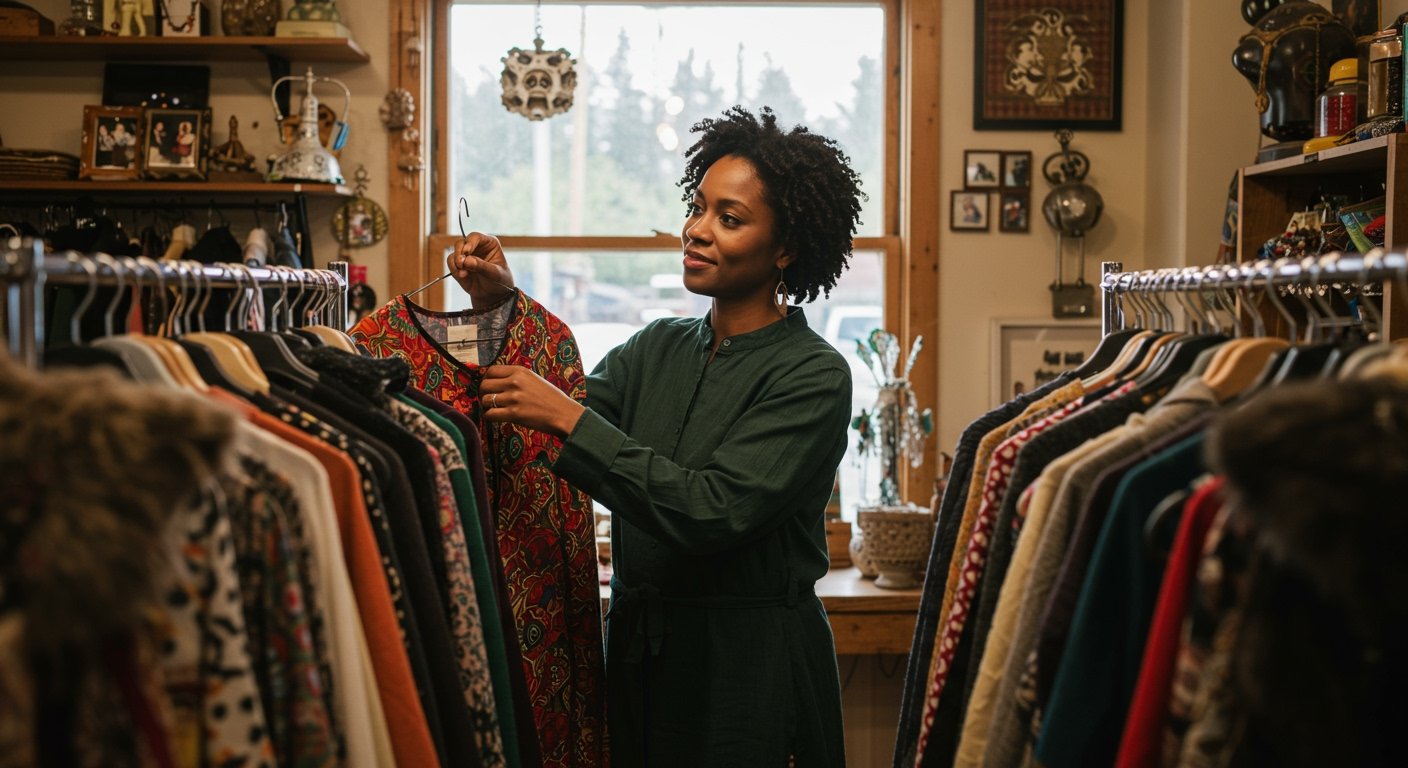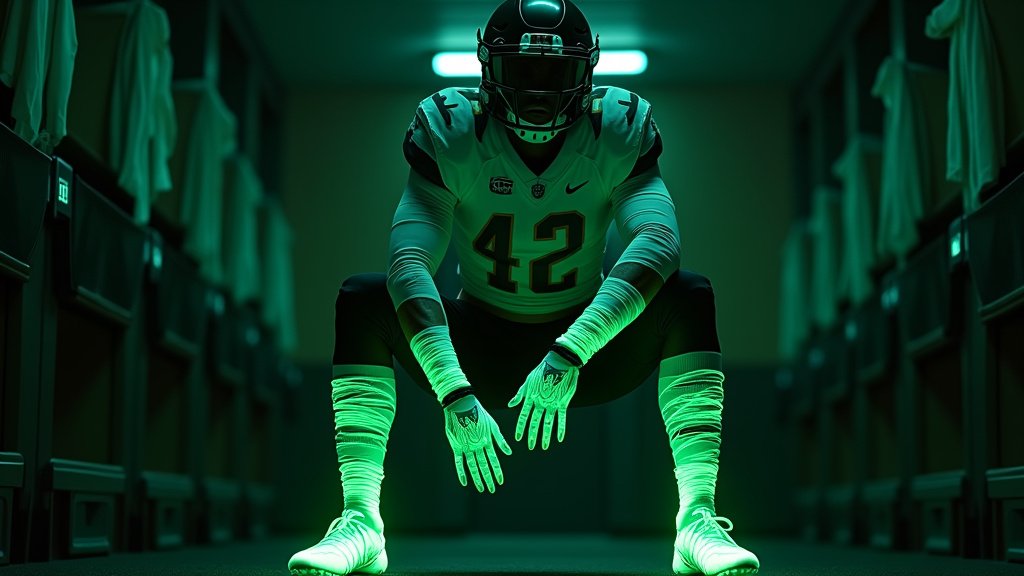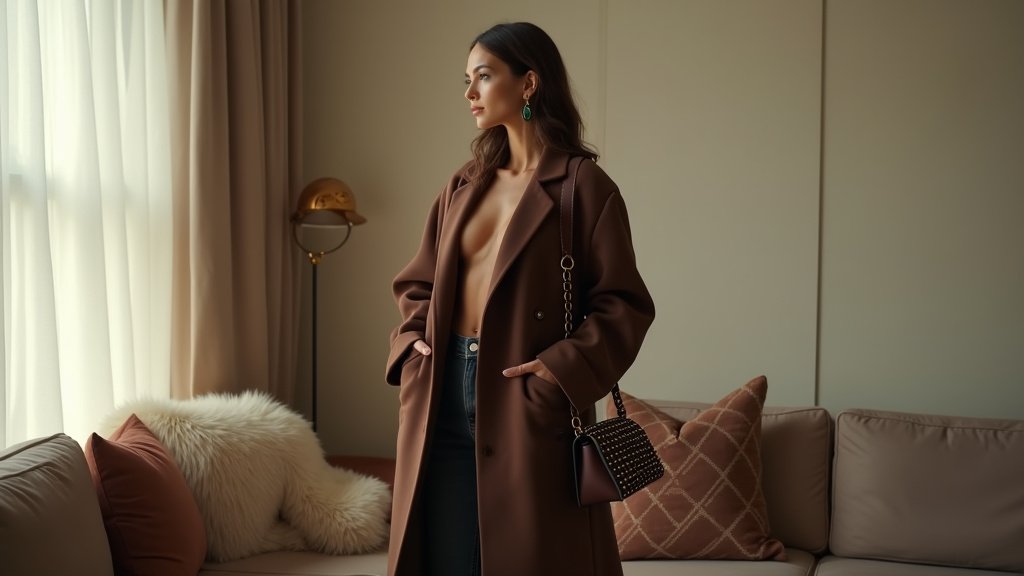In an era dominated by fast fashion and large-scale retail, a small business in Oregon is charting a different course, prioritizing human connection and community over pure commercial gain. Laural O’Rourke, the owner of Oregon Fiber Traders, a second-hand clothing store which she relocated in November, is deliberately cultivating a space designed for interaction and conversation, viewing her venture not merely as a place for transactions but as a hub for community building. Her approach is deeply personal, shaped by a diverse background that informs her unique perspective on fashion, business, and social engagement.
The Roots of a Vision
O’Rourke’s philosophy is influenced by her upbringing and varied professional experiences. Her mother, an English teacher, instilled in her an appreciation for narrative and communication, while her father, a philosopher, likely contributed to a thoughtful, perhaps unconventional, view of value and purpose beyond the purely materialistic. Complementing these academic influences are practical experiences gained in beauty school and modeling, sectors where visual presentation and self-expression are paramount. It is within this intersection of academic thought and practical aesthetics that O’Rourke developed her perspective on fashion, describing it compellingly as “wearable art.”
She views clothing as far more than mere covering; it is, in her estimation, a significant form of visual communication and self-expression. This understanding forms a core tenet of the Oregon Fiber Traders ethos. Furthermore, O’Rourke acknowledges that her perspective as a Black woman has profoundly shaped her approach to both her work and her visual presentation, adding layers of cultural and personal significance to her business model and her engagement with fashion.
A Model Built on Connection
In a retail landscape often characterized by anonymous transactions and a relentless focus on maximizing revenue, Oregon Fiber Traders stands apart. O’Rourke explicitly contrasts her small-scale business model with larger second-hand operations, which she notes are often geared towards volume and financial return above all else. Her priority is different: she is driven by the desire to provide a space for connection and conversation. This focus is particularly salient in the wake of the global COVID-19 pandemic, which highlighted the critical human need for social interaction and community ties.
By deliberately limiting the scale and prioritizing the qualitative aspects of the customer experience, O’Rourke aims to foster an environment where people feel comfortable lingering, browsing, and engaging with one another. The business model is inherently linked to its social mission, positioning the store as a catalyst for community interaction rather than just a point of sale.
Fashion as Dialogue and Identity
The concept of fashion as “wearable art” and a tool for visual communication is central to the store’s identity. O’Rourke sees the curated selection of second-hand clothing not just as inventory, but as pieces that enable individuals to craft and project their identity. In doing so, they engage in a form of dialogue with the world around them.
The space itself, therefore, becomes a stage where this self-expression can be explored and shared. Providing a welcoming atmosphere encourages patrons to discuss their finds, share styling ideas, and connect on a deeper level, fostering the very sense of community that O’Rourke aims to build. The second-hand nature of the goods also subtly promotes a philosophy of sustainability and mindful consumption, aligning with a broader global shift towards more ethical practices.
Cultivating Community in the Post-Pandemic Era
The emphasis on providing a space for connection and conversation is a deliberate response to the social isolation experienced by many, particularly post-COVID. O’Rourke recognizes the lingering impact of the pandemic on social dynamics and the importance of creating accessible, low-pressure environments where people can reconnect. Oregon Fiber Traders, in this context, functions as a vital third space – neither home nor work – where casual encounters and meaningful conversations can flourish.
This human-centric approach differentiates the store significantly from larger competitors. While major second-hand retailers operate on principles of efficiency and scale, potentially overwhelming the individual, O’Rourke’s model is intimate and intentional, designed to nurture relationships between people and with the clothing itself.
Conclusion: More Than Just Clothing
Laural O’Rourke’s vision for Oregon Fiber Traders transcends the traditional retail model. By blending her artistic appreciation for fashion as “wearable art” and communication with a deep-seated commitment to fostering community, she has created a unique space. The relocation in November marked a new chapter in this endeavor. Influenced by her diverse background, including her parents’ intellectual pursuits and her own experiences in beauty and modeling, O’Rourke champions a form of commerce where human connection is the most valuable commodity. In prioritizing conversation and community, especially in a world still recovering from widespread social disruption, Oregon Fiber Traders offers a compelling example of how business can be a force for positive social engagement, proving that sustainable fashion and genuine human connection can indeed be woven together.




